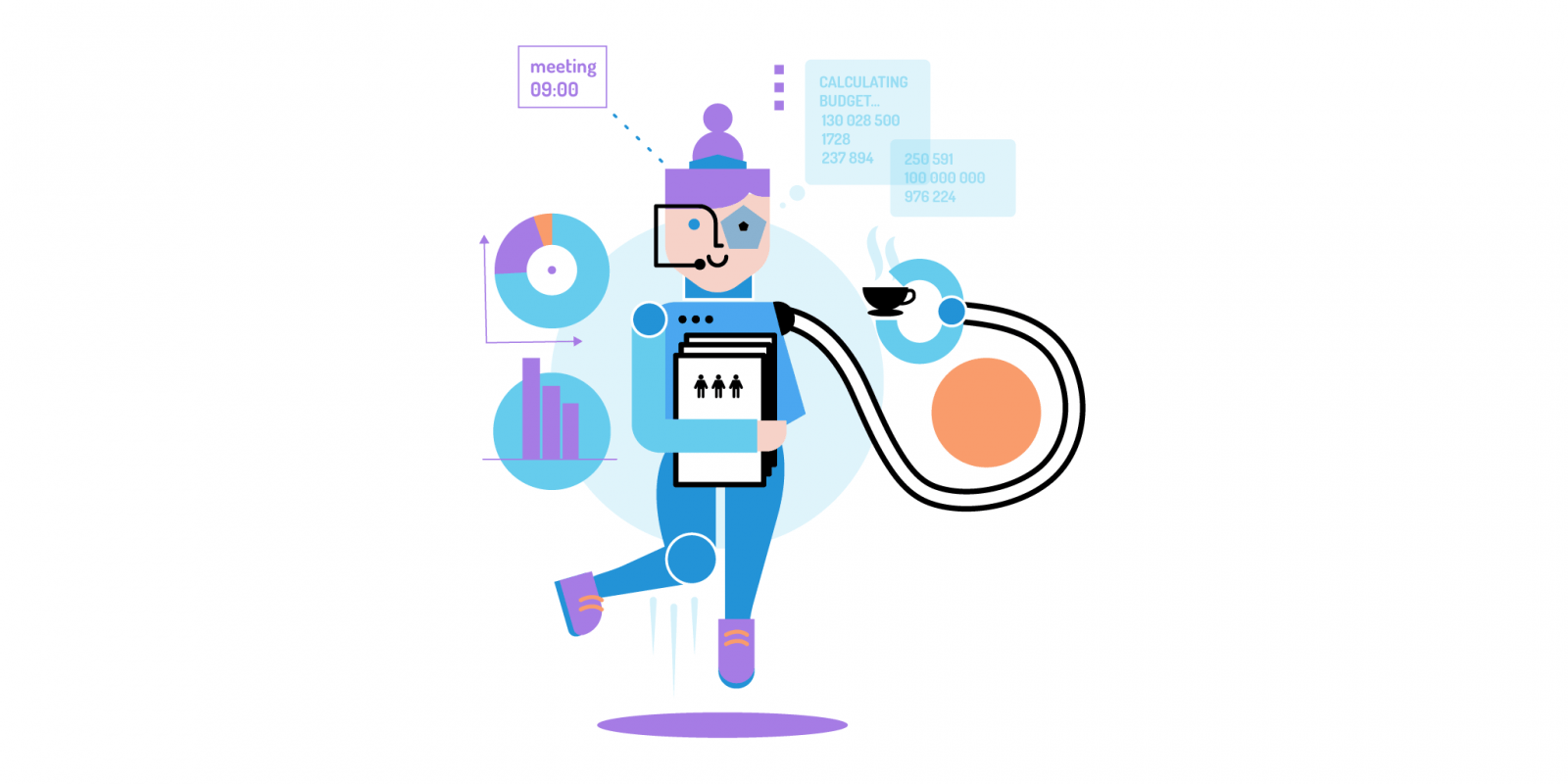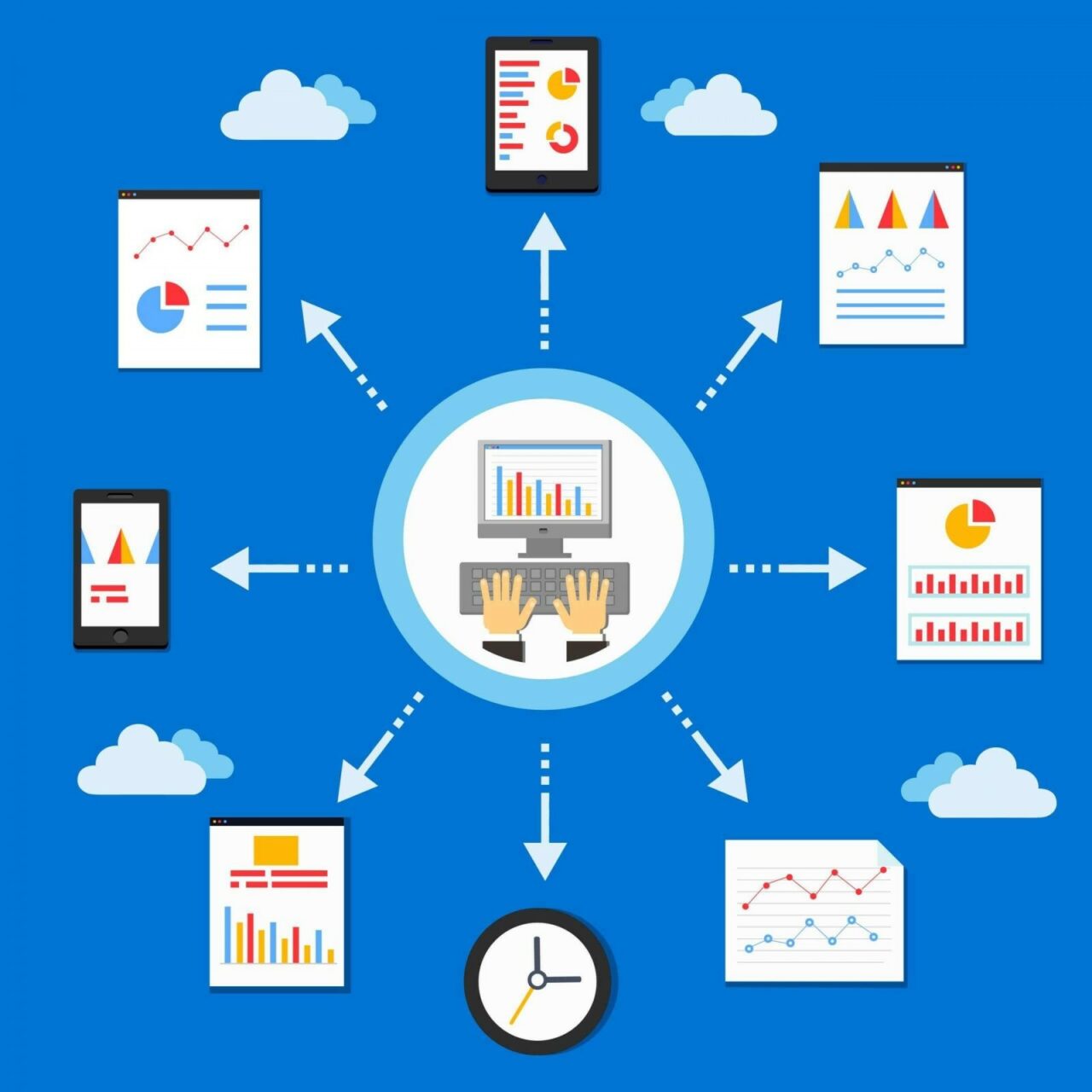Program Manager Vs Project Manager: An Analysis from Cursory Perspective
The terms ''Program manager'' and ''Project manager'' coincide with one another, but there are a lot of key differences at a minuscule level.
Join the DZone community and get the full member experience.
Join For Free
We have bashed the nuts out of project management and the role of a project manager in that capacity; however, little did we know that our inbox was teeming with some inquiries related to program management vs project management. There’s no doubt that the terms coincide with one another, but there are a lot of key differences at a minuscule level.
In this post, we’ll talk about the program manager vs the role of a project manager from different perspectives. Although this write-up could have turned into a thesis style post, we tried our best to avoid it. The reason being is the scope of nTask blog, and the readers’ interest level at the same time.
To be honest, people don’t have much time these days. And when that’s bundled with a lengthy article on just about anything, it could get a little hectic to retain everyone’s attention.
Regardless, if you are interested in doing a deep grass root level analysis, you can find a lot of relevant reading material and case studies at different online websites.
Difference Between Programs and Projects —How Does It Affect the Professionals?

To be honest, “programs” and “projects” sound very similar. This was mentioned a little earlier in the post. Technically, they are different because they have their own set of unique challenges. As a result, the end goals also differ from one project to another – and from one program to another for that matter.
From an isolated point of view, a project is an enclosed task. This task, or tasks, has a finite duration set by people at the higher ops. As a project manager, you are responsible for ensuring everything is going according to the plan. Goals are defined prior to project initiation. Usually, it happens during a kickoff meeting with the concerned team members or the entire department.
Meanwhile, a program is a bigger picture, sort of an overhaul of a combination of different projects. I find it imperative to mention that projects contribute to tangible results. These results could be an App, software, some sort of physical product – so on and so forth.
On that note when we talk about project vs program timelines, both are essentially different. A project’s deadline can span over a few weeks, months maybe or even an entire year. The project does come to an end – and that too with some sort of results. It doesn’t matter whether those results were good or bad, but the fact is that projects have an expiry date insight.
A program, on the other hand, has very long term timelines. Since programs are the embodiment of different projects, with each project contributing to a specific portion of the program, the timeline goes on a long stretch. In a way, a program’s timeline is dependent on different projects’ timeline.
Another integral part of a program is program goals. As I stated earlier, program goals are long term. Usually, these goals are not tangible. They are not related to one specific thing. For instance, a program’s eventual goal can be how the entire business can be improved.
To achieve that level of “improvement”, there are many changes that have to occur at the grass-root level. That is why projects become important because they reflect those desired changes for the main program to work.
The Role of a Program Manager Is More Important Than a Project Manager

A program manager is like a movie director. They are responsible for overseeing multiple projects because they intertwine with the actual ongoing program’s end goal. It does not mean that a project manager’s responsibility and importance is any less than that of a program manager. In fact, if a project manager is failing to achieve project goals, he is causing a hindrance to the program’s overall progress.
Then again, a program manager’s role is essentially more important because he/she has to ensure smooth and effortless execution of simultaneous projects. The concerned people need to be schooled and everything has to coincide with the program’s vision.
For that very purpose, program managers are versatile people who have the ability to monitor several ongoing operations. They have a wide knowledge base and have to know about everything that’s going on in different projects at different times.
By the way, the “movie director” term is just an analogy to help you easily understand the role of a program manager vs project manager.
What Are the Main Dimensions of Program Vs Project Manager?

Programs come with a slightly bigger spectrum of challenges. We will call them dimensions for argument’s sake. Some of the main dimensions of common ongoing programs in a wide variety of organizations are appended below.

- The Value of the Program: This depends on its inherent size and the overall value of projects that contribute to the program’s success or failure.
- Difficulty Curve Vs Learning Curve: If the program is depending on multiple ongoing projects, what is the relation of difficulty in learning? Difficulties affect the end output, so, project managers need to create an assessment report and evaluate the odds.
- Relational Dimensions: These involve all sorts of indirect complexities. For instance, think of office politics, human resource management scenarios, available staff vs. remote working staff and stakeholders. The latter is more important because they are usually pulling the strings at the higher-ups.
- Certainty Vs Uncertainty: This factor determines whether the goals are achievable or not. Sometimes, they are far-fetched and team members feel demotivated without any signs of completion. Setting up short term milestones is a great way of dealing with this dimension early.
Now, the important question is how to deal with complicated work that comes up within the lifespan of simultaneous projects. These issues can be mitigated with the help of implementing appropriate systems.
A good example of those “systems” can be a quality management/quality assurance team, configuration management team and project manager’s management skills. Technical difficulties often pose as a setback, but if they are identified on time, the progress of the project is not affected as much.
Sometimes, technical difficulties are predictable. In hindsight, a program manager may have a hunch about a few things going wrong. He can implement certain processes to counter those problems. For instance, when we look at a new project management tool launch, there is a very real possibility that the first few weeks post-launch can go a little unexpected.
Maybe the pricing module can have issues, or it could be some problem at customer support end — perhaps the dev team forgot to implement a user-requested feature properly. Such problems are part of the SDLC; they can be resolved on time, if not “easily.”
Project Size In Relation to Program Vs Project Management

At times, the size of the project impacts the end output to a point where it is not possible to work on the project anymore. Likewise, the program is affected by such setbacks because that specific project sends people back to square one.
Let’s look at this correlation from a broader perspective. In Australia, there are ongoing projects to shift millions of cubic meters of “overburden” from minefields. This is a project, which is related to a program that intends to make the environment a better and safe place. Other components of the program could be different development projects related to environmental factors.
Obviously, the size of the project is huge. Land mines are a risky endeavor, and when we add the cost of sensory equipment and manpower involved in the operation, there could be many difficulties. Although the work is inherently simple, the expenses need to be managed in close proximity to the allocated budget.
Relationship of Stakeholders With Program and Project Manager

As mentioned earlier, stakeholders are part of the program vs project dimensions. They usually have an upper hand on the program’s outcome because of the investment factor. For that very reason, I’d recommend that you don’t involve stakeholders.
Sometimes, stakeholders are only concerned with ROI; their vision might not coincide with what the dev team has in mind. This causes problems and severely affects the end product – especially if it’s a software product.
The Role of a Project Manager
A project manager is responsible for managing his team. If it is an Agile framework, he has to deal with the product owner, Scrum master and the overall gist of ongoing things. Eventually, the success or failure of a project falls on the project manager’s shoulders. This, in fact, has an impact on the program director’s performance, but it comes afterward.
Meanwhile, the best course of action of a project manager is to stay on top of everything. Making sure that the team is performing, is a daunting task. For optimal performance, Sprints can be set up to evaluate the progress of a project. Sprints become more important when the project manager has to deliver and account for an MVP – Minimum Viable Product.
Let’s Not Forget About Collaboration
Whether it is program management or project management, collaboration is an integral part of the entire game plan. Most of the companies prefer a real-time exchange of information through 3rd party apps, such as; Slack. This application comes with different integrations and enables various communication processes that eliminate the need for an email.
Email-based collaboration is outdated because everyone does not have a mailbox open in a tab. Slack is better. Followed by Slack, there comes other project management tools that have a couple of dedicated collaboration features.
Conclusion
Project management and program management are both broad-spectrum fields. Likewise, there are tons of certifications that branch into both realms for people who are interested in making a career out of it.
We will be updating this post with additional information about program vs project management. Feel free to share your experiences through the comments section below.
Published at DZone with permission of Fred Wilson, DZone MVB. See the original article here.
Opinions expressed by DZone contributors are their own.

Comments